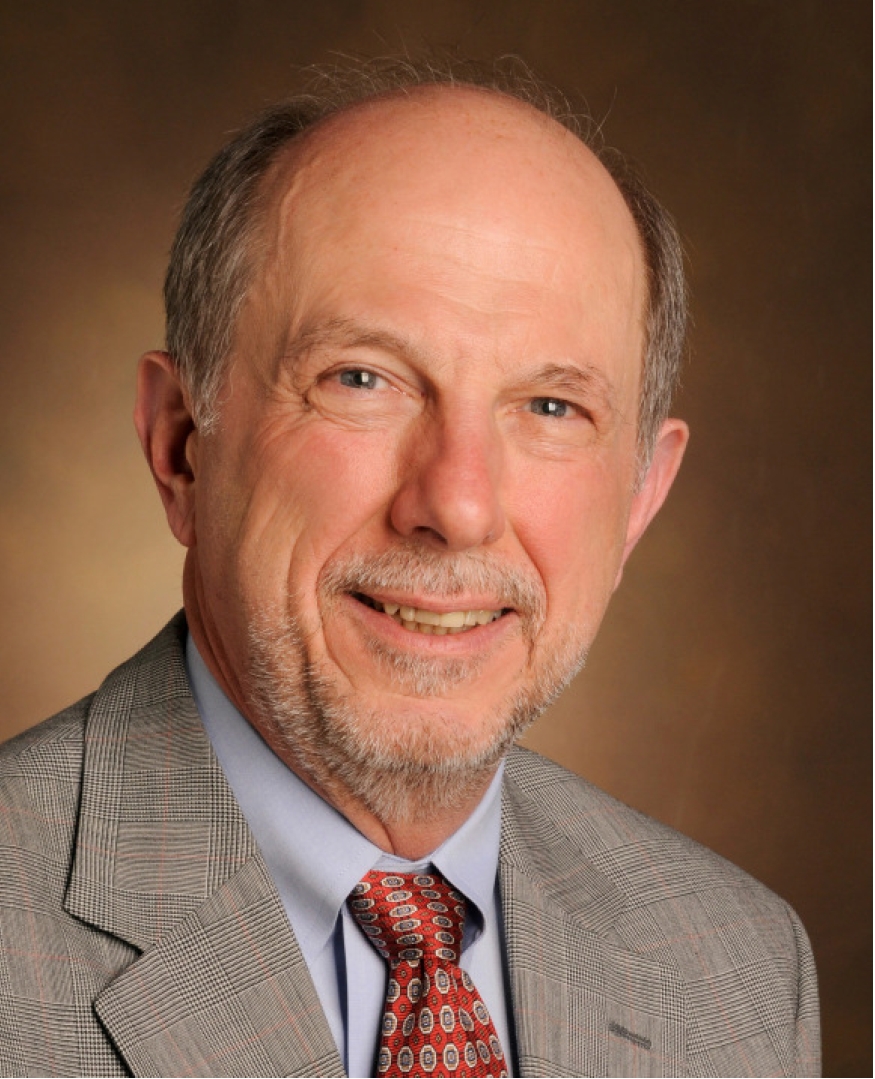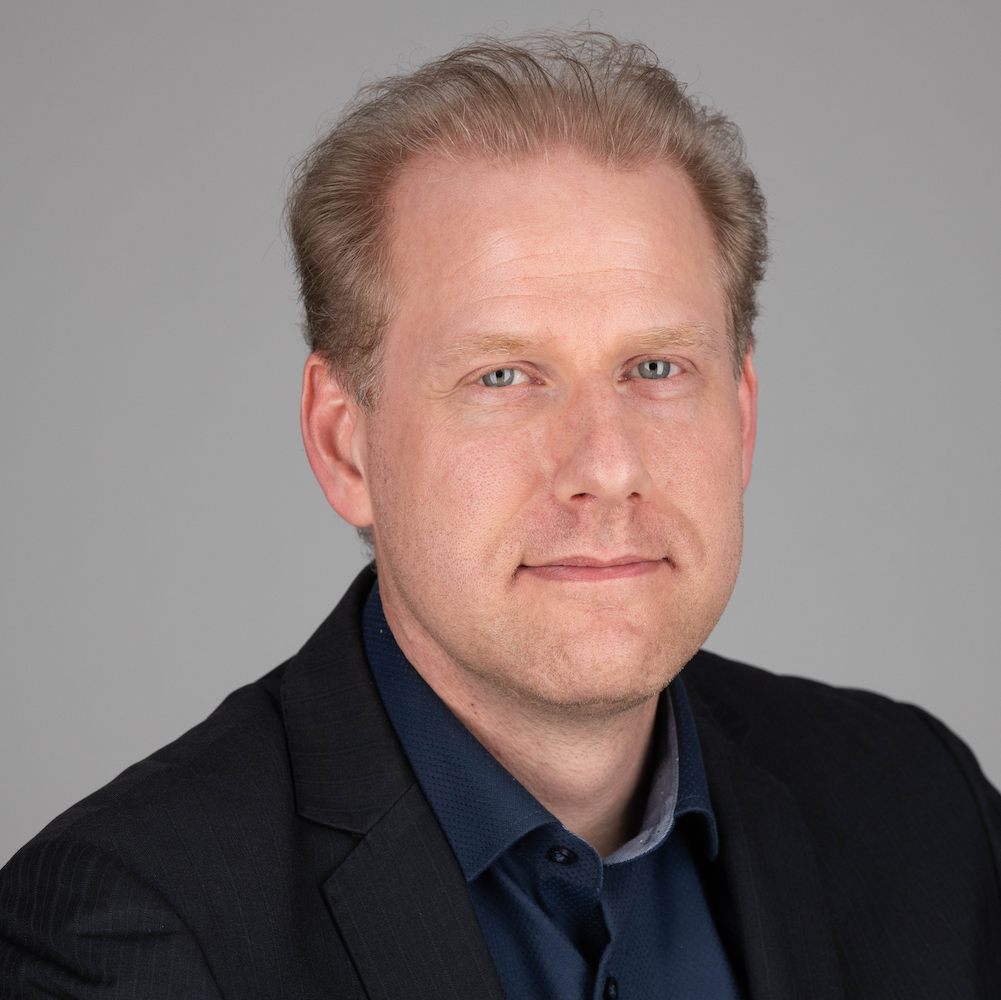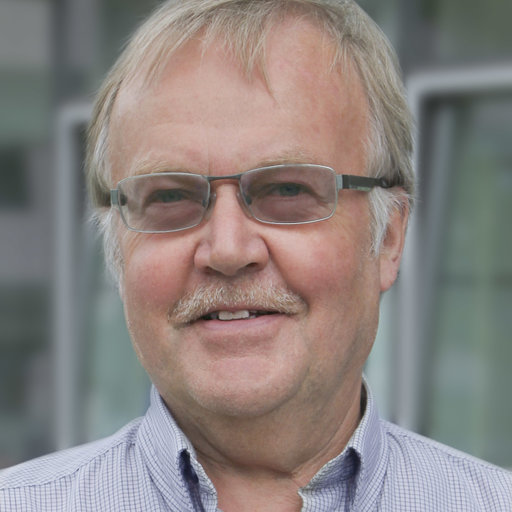

Topics of the scientific program

Keynote Speakers

Prof. Frederick P. Guengerich
Frederick P. Guengerich is the Tadashi Inagami Professor of Biochemistry at Vanderbilt University School of Medicine. He received his PhD in Biochemistry from Vanderbilt in 1973 (Prof. H. P. Broquist), was a research fellow at the University of Michigan (Prof. M. J. Coon), and joined the faculty at Vanderbilt in 1975 (Professor since 1983). His research deals with the chemical and biological mechanisms by which molecules are processed and the relevance to drug development, toxicity, and disease. A major area of interest is the cytochrome P450 enzymes, which are the major catalysts involved in the metabolism of drugs, carcinogens, and steroids. He is an author/co-author of 737 original research articles, 289 invited reviews, and 138 proceedings chapters. In the period 1993-2003 he was the third-most highly cited (ISI) author in Pharmacology and Toxicology. Dr. Guengerich has served on numerous committees in ASPET, particularly in the Division for Drug Metabolism and Disposition. He was an associate editor for Molecular Pharmacology (1982-1985) and is currently an associate editor of The Journal of Biological Chemistry (also Deputy Editor). In 1984 he received the John J. Abel Award and in 1992 he received the B. B. Brodie Award from ASPET. In 2005 he received the William C. Rose Award from ASBMB and has received numerous other awards from the American Chemical Society, Society of Toxicology, ISSX, and other toxicology societies. Prof. Guengerich has trained 21 graduate students and 137 postdoctoral fellows/visiting scientists and received three Vanderbilt mentoring awards for his work with postdoctoral fellows, one of which is now named for him and awarded biennially. Many of his trainees have continued in the field in both academia and the pharmaceutical industry throughout the world.

Dr. Volker M. Arlt
Dr. Arlt has an international profile of research in environmental carcinogenesis and toxicology evidenced by over 200 articles published in high-ranked international journals within the field of research. The strategy of his research is to identify environmental causes of cancer, to examine the role of an individual's susceptibility in determining cancer risk and to develop strategies for cancer prevention. He is also a European Registered Toxicologist (ERT). Since 2019 he works as Senior Toxicologist at GAB Consulting GmbH, Heidelberg, Germany, which offer qualified regulatory services for agrochemicals, biopesticides, biocides, nanomaterials, feed additives, animal pharmaceuticals and chemicals (REACH) in compliance with the latest EU requirements. Prior to working at GAB Consulting he was joint leader of the Environmental Carcinogenesis Group at King College London (2011-2019) where he retains an appointment as Visiting Senior Lecturer in Environmental & Genetic Toxicology in the Department of Analytical, Environmental & Forensic Sciences. Before joining King's College London in December 2011, he worked for over 10 years at the Institute of Cancer Research, Sutton, Surrey, UK. In December 2000 he completed his PhD in Molecular Toxicology at the German Cancer Research/University of Heidelberg, Heidelberg, Germany.

Prof. Kari Hemminki
Prof. Kari Hemminki is a leading researcher in the field of molecular epidemiology, studying cancer risk factors and prevention; he is also a successful scientific manager. His scientific life started and was for about 20 years connected to the University of Helsinki, where he graduated in Medical Chemistry in 1973 and served in various positions up to Research Professor and Chief Physician till 1995. Later, he served as Professor of Epidemiology at the Karolinska Institute in Sweden and since 2002 till his recent retirement, in the German Cancer Research Institute (DFKZ). During these years, he acted as a visiting scientist in other leading laboratories of the world (MIT, University of Cambridge, Johns Hopkins University. He was recently selected as the ERA Chair of the newly established Biomedical Center at the Pilsen Faculty of Medicine of Charles University. (The position is supported by the Chaperon project within the framework of the Horizon 2020 program.) Professor Hemminki co-authored over 1200 scientific papers with almost 30 000 citations. He served in editorial boards of several scientific journals and expert panels on toxicology and carcinogens in Sweden and internationally (IARC).